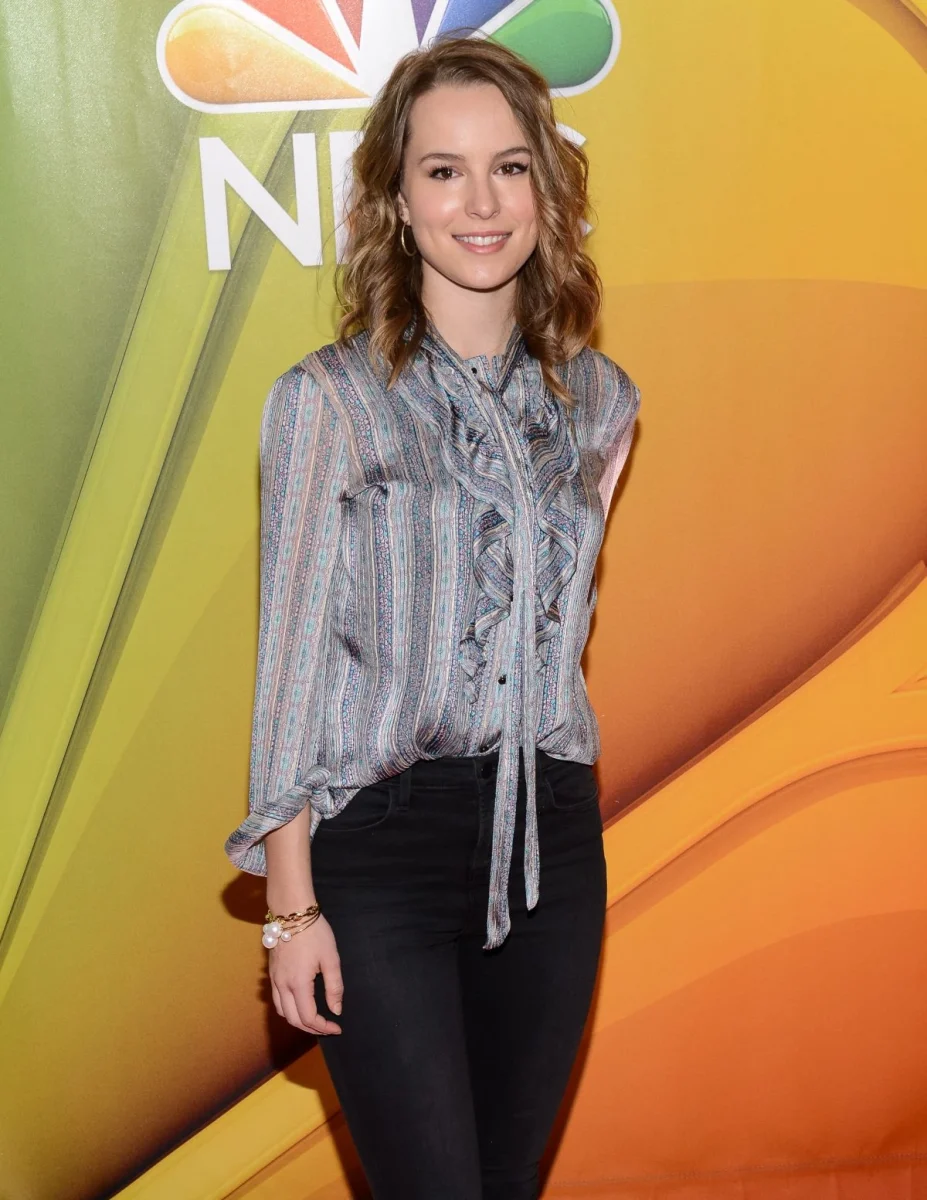Brandy Hellville & The Cult of Fast Fashion, the shocking HBO documentary released this week on HBO Max that investigates the many controversies surrounding this popular fast fashion brand. Brandy Melville designs its clothing to fit the typical size extra small and customers who are generally “skinny”.
To begin, the brand designs its clothing to fit the typical size extra small and customers who are “skinny” or “shorter” girls. When looking at the website, the products have one sizing option. They brand their clothes as “one size fits all”, and since people have different body types, and do not fit in one specific size, this has arised many conflicts.
From the initial glance, when looking at the website, the products have one sole sizing option. The brand primarily caters to teenagers and young adults, offering them a sense of belonging and self-expression. Brandy Melville’s designs align with the current fashion trends that resonate with this age group, allowing them to showcase their individuality while staying on-trend.
Brandy Melville’s popularity has been mainly fueled by its strong presence on social media platforms. The brand has effectively utilized platforms like Instagram to showcase its clothing, engage with its audience, and create a sense of community. In the past, Influencers and fashion enthusiasts often featured Brandy Melville’s pieces in their posts, further amplifying the brand’s reach and desirability.
Yet on the other hand, while Brandy Melville has gained a significant following, it has also faced criticism and controversies. The brand has been called out for its limited size range and lack of inclusivity, which has contributed to body image issues and overall feelings of exclusion. These concerns have sparked important conversations about the need for diversity and inclusivity in the fashion industry. And how these contributors can be more open in regards to more inclusive representation.
When the brand gained popularity, they would repost pictures of people wearing their clothes, but when it came to who they featured on their social accounts, Brandy often selected girls that fit a certain aesthetic—young, thin and white, often blonde and usually with long hair. Former employees said they struggled with eating disorders and having a healthy body image while working at Brandy Melville, where they felt pressured to fit into the brand’s clothing.
On top of that, the corporation has also been the target of severe allegations of racism, which has led to two lawsuits. One was filed by a former executive who says the firm closed the Toronto-based Brandy Melville store because the majority of its customers were people of color. Racism permeated the company’s operations,and according to some former workers, non-white staff members were allocated to work in the stockroom or behind the counter, while white staff members were assigned to work the sales floor.
Insider exposed the CEO Stephan Marsan and other senior leadership who were part of a group chat called “Brandy Melville gags” where racist, homophobic and anti-semitic jokes and memes, as well as sexually explicit photos, were shared. The store owner also claimed Marsan was a vocal Trump supporter who made fun of female Bernie Sanders supporters he employed.
This new HBO Max documentary also brings up a new problem in fast fashion. Where we often wonder “where do all the extra clothes go”? In Ghana, the clothes often end up in landfills or in the ocean. Approximately, 15 million new garments are discarded every week, and 40% of garments go into the waste stream around Accra (Ghana’s capital).
In this region, there is no landfill, so their options were to either burn them, or the clothing goes into the ocean. As seen on the documentary a beach cleanup scene shows just how overloaded the shores of Accra have become, with clothing buried nearly 8 feet under the sand, and probably on the ocean floor as well.
Ghana has a forced arrangement with US and Europe where if they don’t take in their waste, they will be stripped of grant money, implemented with more taxes, and remove duty free status.
Brandy Melville has carved out a niche for itself in the fashion world, captivating a specific audience with its unique aesthetic and trendy designs. While it has faced criticism, it continues to be a popular choice for those seeking effortless style and a sense of belonging. As the fashion industry evolves, it remains crucial for brands like Brandy Melville to embrace inclusivity and diversity, ensuring that everyone feels represented and celebrated.





















